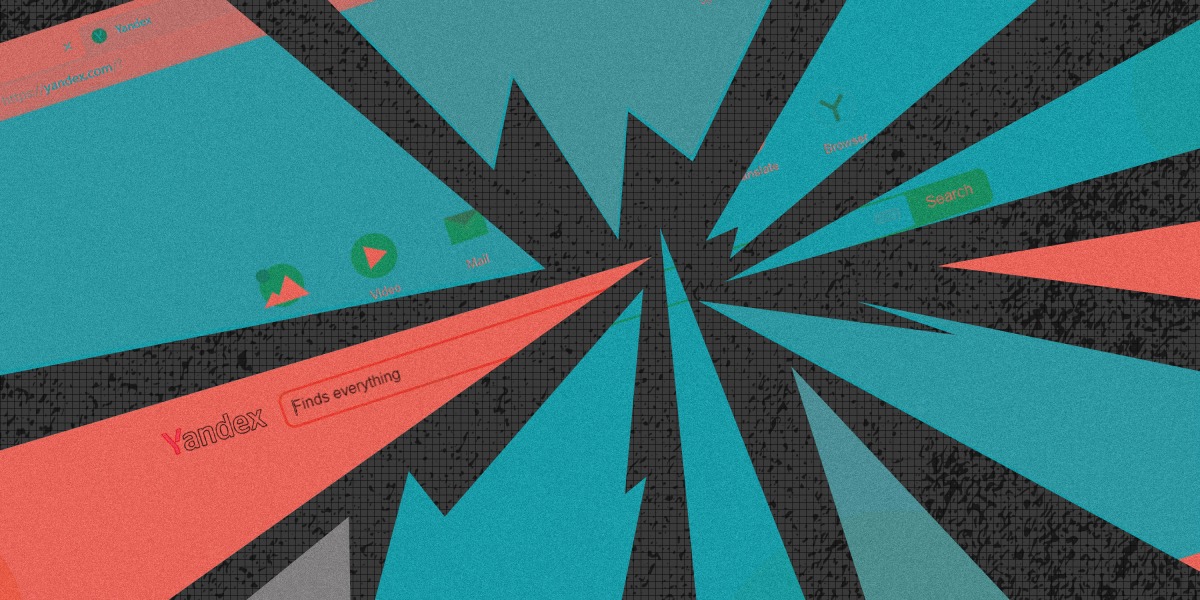
The second form of splintering would be to continue using technically compatible protocols, but to have different governing bodies managing those services. This might prove trickier to reverse.
If Russia, China, or some other countries formed rivals to the bodies that manage IP addresses and DNS and got them established, that could be even harder to put back together than if they built rival technological protocols. Vested interests would form, wanting to stay with one or the other body, making the politics of reconnection almost impossible.
The problem of reconnecting these disparate networks into one global internet would thus be a political one, not a technical one—but it’s often the political problems that are the most difficult to solve.
There are also steps short of a full splintering of the internet that could still have a significant effect on hampering the global flow of information—or the proper functioning of the internet in a pariah state.
Because of the nature of the internet to create monopolies, some services have a quasi-infrastructure type status. Amazon Web Services, for example, runs so much of the back end of the internet that banning it from a particular territory creates major headaches. Similarly, cutting off access to github repositories would paralyse a lot of services, at least temporarily.
Russia has been seeking to mitigate this risk among official and public sites, trying to require them to repatriate their data, use .ru domains, and minimize the use of overseas service providers. For a time during the panic of the week, some took this to be an instruction to all Russian websites, even leading to alarmist (but so far unevidenced) articles suggesting that Russia planned to cut itself off from the internet entirely.
Other countries and groups have sought to mitigate the global nature of the internet—and not just autocracies. The EU has been seeking to require all data processed on its citizens to be processed within its borders, a move US tech giants have been fiercely resisting.
Iran, meanwhile, has built up national connections between its key online institutions, enabling it to operate a sort of Iran-only functional internet should it either need to close itself off from the global network or if it got kicked off by an adversary.
But it is China that has perhaps the most famously complex relationship with the internet. While Chinese-born tech companies often thrive in the West—just look at TikTok—almost all online services used by people within China are Chinese companies. The country also operates a huge and regular form of online censorship, typically referred to as the Great Firewall of China.
Charlie Smith* (a pseudonym owing to operating in China and being critical of its censorship policies) of GreatFire, which tracks censorship on the Chinese internet, says its relationship to the global internet has changed over time.
“At first, the service-level blocking was driven by pure censorship needs. The need to hide information about Xi Jinping, or cover up some major disaster that could be directly blamed on the government,” he says. “But as those foreign websites got blocked, Chinese entrepreneurs realised that there were gaps in the market that could be filled.
“Not only did they fill those gaps, they helped to create Chinese internet companies that are as valuable as their Western counterparts, even though these Chinese companies might not be well-established outside of China.”
Thanks to these long-standing separate institutions, Smith argues that China could manage being cut off from the internet—but it’s largely not in its interests to do so.
“I think China could cut itself off from the global internet and likely would if there were a big enough domestic crisis … [but] I do believe that China will continue to rely on the global internet. The Chinese diaspora is everywhere in the world. Nobody wants connections to home cut off. Businesses will still rely on selling their products overseas.”
China is, instead, taking senior positions on the internet’s various governing bodies—as befits a country with more than a billion internet users—and is trying for now to slowly bend the standards, rules, and protocols to suit itself.
A splinternet remains very possible—driven by politics rather than technology—but for now, everyone seems keen to hold on and try to nudge the fragile status quo in their favor, not least because it seems that were the internet allowed to fracture, it could prove impossible to repair.
James Ball is the global editor of the Bureau of Investigative Journalism and author of “The Tangled Web We Weave: Inside the Shadow System That Shapes the Internet”






Recent Comments